Recently, the 2023 working program of the Central Propaganda Department chaired by Comrade Nguyen Trong Nghia - Secretary of the Party Central Committee, Head of the Central Propaganda Department visited and worked at leading journalism training universities in Vietnam. Through working sessions to evaluate the training, fostering and development of human resources for journalism and communication in the past time, in addition to the achieved results, there are still many challenges that need to be carefully considered and reviewed.
Student internships at press agencies are highly formal.
Internship work, assigning students to press agencies to gain experience is considered an important task, an essential period before graduating to work. In press agencies, students will learn and be exposed to a lot of practical knowledge that is not available in school, enhancing their skills in news reporting, interviewing skills and soft skills... Especially for the current multimedia press, this becomes even more important.
However, in reality, the internship activities of students at press agencies are currently considered quite vague, even just a formality.
During the working session of the Central Propaganda Department delegation at the University of Social Sciences and Humanities, Vietnam National University, Hanoi, Mr. Le Quoc Minh - Member of the Party Central Committee, Editor-in-Chief of Nhan Dan Newspaper, Deputy Head of the Central Propaganda Department, Chairman of the Vietnam Journalists Association pointed out a current reality in journalism training, which is that the entrance score and graduation score are still inherent stories.

Focusing on innovation and improving the quality of training and fostering human resources for journalism and media is an important task that the Party and State pay attention to.
Mr. Minh believes that journalism is like medicine, practice is the top priority, while this work still has many limitations. According to Mr. Minh, in reality, students when doing internships at press agencies are very formalistic. Journalism students must practice as much as possible, how to have extracurricular activities, participate in news production work of press agencies as much as possible.
Mr. Le Quoc Minh commented that the press today is changing a lot and the press of the future will also change a lot. The current situation is witnessing students graduating from school working at press agencies for a while and then "jumping" to work in communications for businesses. To continue pursuing the path of journalism is extremely difficult and the skills for future journalism are completely different from the present. Future journalism is not only good writing, taking beautiful photos, good video recording but also a combination of technology journalism, soft skills that universities are currently not very interested in.
"We are meeting to prepare for the 2024 National Press Festival and the 2024 National Press Awards, with the view that they will be held very soon. The orientation to honor journalistic works in the future will have many changes. If journalism training schools can refer to and accompany to train students right from when they are still in school, it will bring much higher efficiency," said Mr. Minh.
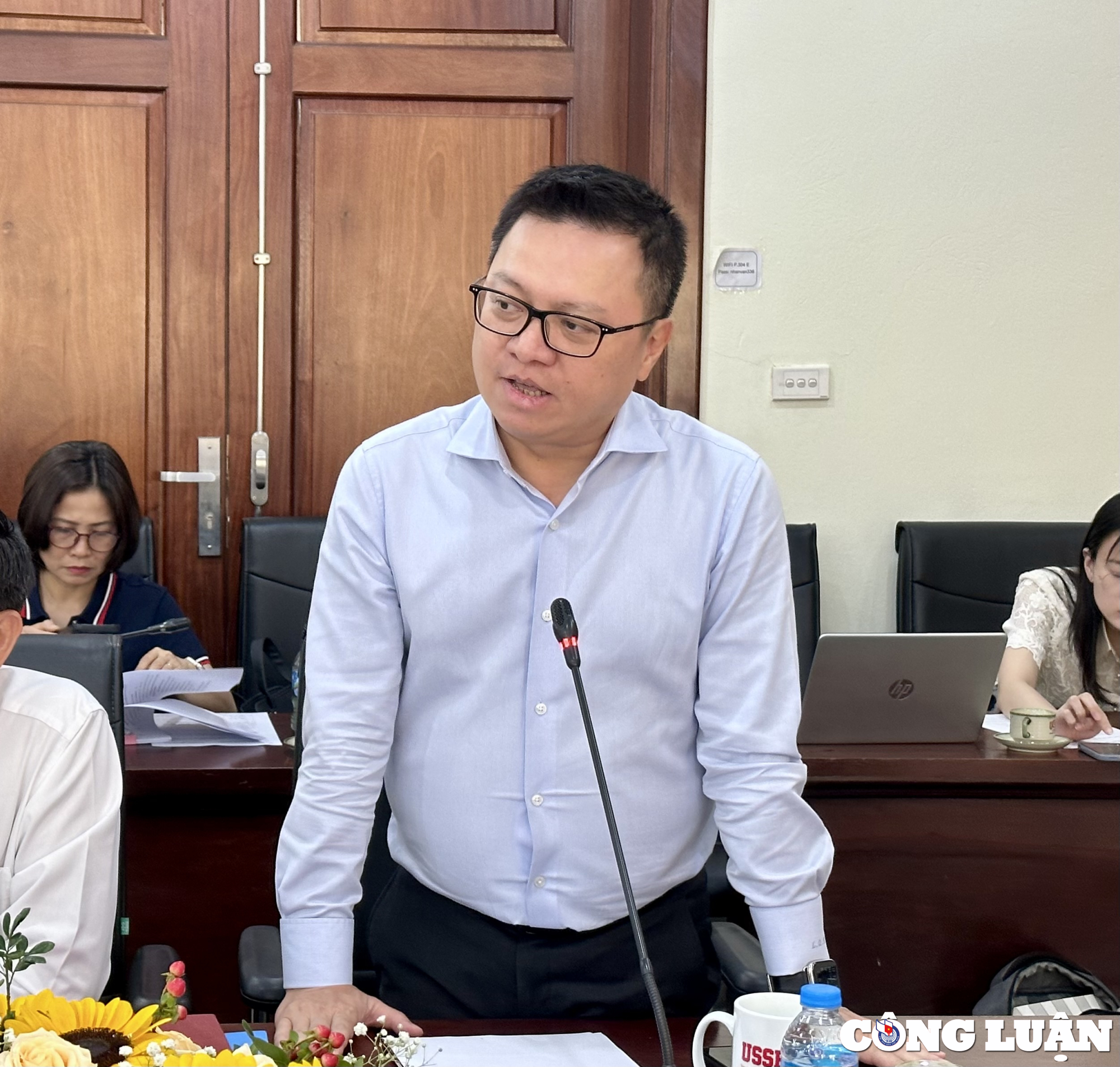
Mr. Le Quoc Minh emphasized that one of the important activities of journalism training is practice.
Sharing the same view with Mr. Le Quoc Minh, Mr. Tong Van Thanh - Head of the Press and Publishing Department, Central Propaganda Department, acknowledged that with the journalism training major, it is impossible to require a journalism student to graduate with good professional skills and deep expertise in various fields of life, but it is necessary to have continuous training from the press agency. However, the foundation and methods need the school's attention.
In fact, the internship time of journalism students is still limited. Through a survey at a number of press agencies, the internship activities of students are just a formality. "The number of articles published in mainstream newspapers by student interns is very low, if not to say that only a few students who have a personal relationship with the editorial office have their articles published," said Mr. Tong Van Thanh.
Journalistic ethics is a core value
Information has become one of the five important factors of the economy. The quantity, speed of information transmission and quality of information represent the strength of a country, and the development of information society is an inevitable trend of modern society. Therefore, for a long time, journalism has become a thriving industry in many countries and journalism training has always been a field that attracts a large number of students.
Modern technology brings many opportunities, but also poses many challenges for journalists and journalism training. In the context of strong development of social platforms and the rise of artificial intelligence, the press needs to recognize, protect and promote its values in the most thorough way.
Mr. Le Quoc Minh said that the role of the press in the digital age is increasingly difficult. In the past, whatever the press said was always correct, but now the public often does not listen to the press anymore. How to propagate the Party and State's policies; how to bring official information to all audiences, compete with information channels of other individuals and organizations; how to regain public interest in official information... are the concerns of the press today.
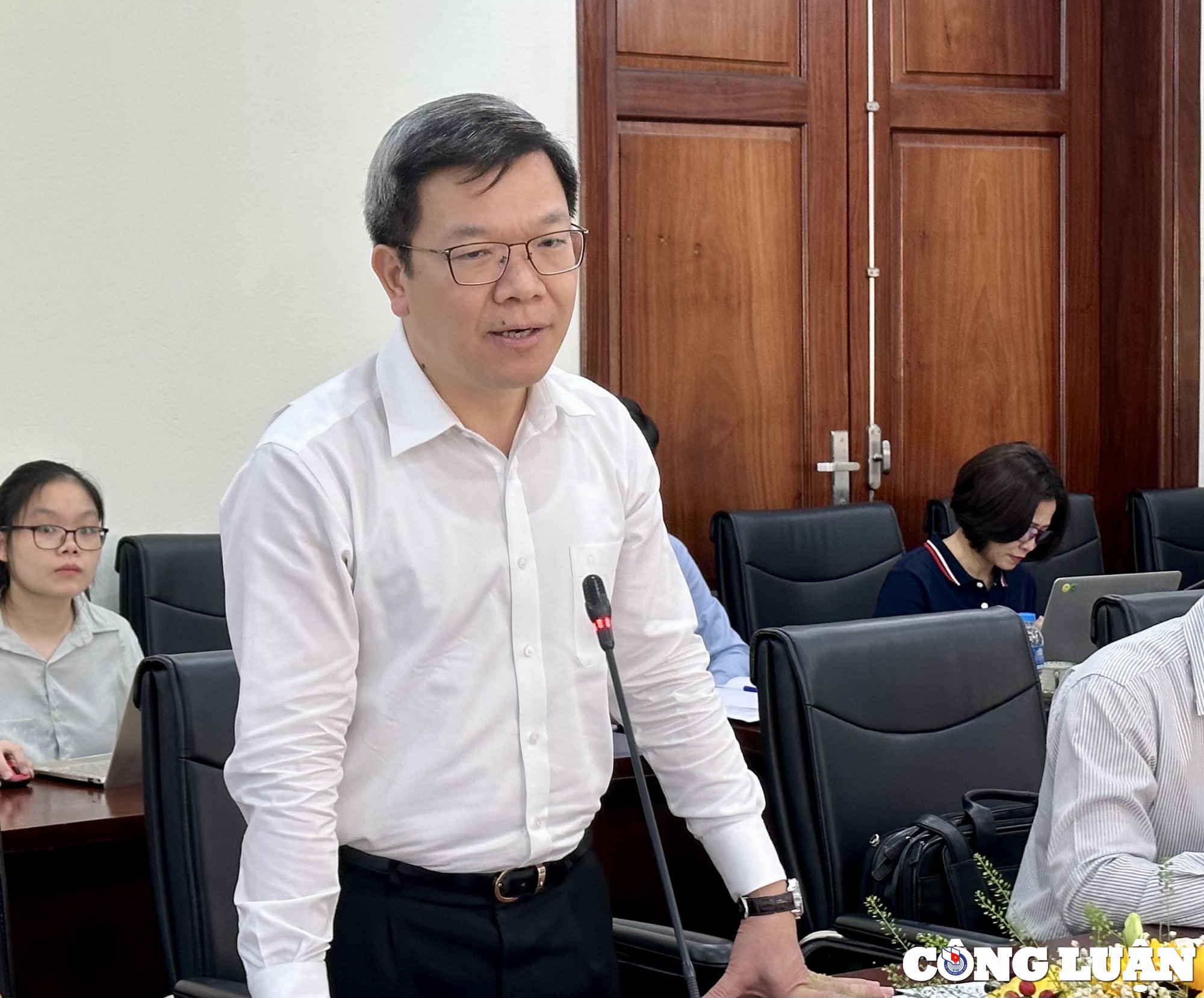
Mr. Tong Van Thanh said that the education of journalistic ethics in journalism and media training needs to be given more attention.
"I don't know how many journalism ethics classes are taught at journalism training institutions. I once audited a journalism ethics course at a major training institution abroad. They gave a very realistic example of how a sports reporter would handle it if given two tickets to a football match. In Vietnam, not only would it be two tickets, but the reporter would even ask for several more pairs of tickets for friends and relatives. That is also an ethical violation. Are these things taught in school?", Mr. Minh asked.
According to the Editor-in-Chief of Nhan Dan Newspaper, journalism in the technology era needs to produce good content, but if you do not know how to use technology, that content will be submerged in a lot of distorted and incorrect content that is widespread on the internet. Modern journalism requires reporters to have certain programming skills, social media skills, information connection skills, and the ability to effectively promote the brand for the editorial office and for themselves.
According to Mr. Tong Van Thanh, the challenges facing journalism today are technology, digital transformation, and modern media trends. However, there is an even bigger challenge in terms of political ideology. There is no trace of this issue in the training programs of journalism institutions.
In addition, the deplorable reality of the newspaperization, harassment of businesses, violations of journalism - in general, journalism ethics - has not appeared much in the school's training framework. Journalism ethics courses need to be more practical, implementing standards of work and standards of reporting.
Mr. Thanh recalled the story when he attended a professional training course, even the Editorial Secretary of the press agencies still wondered whether it was right or wrong to use this image and be sued. That is the standard of journalistic ethics, respecting human values. Therefore, this must be included in training in a practical way.
"Journalistic ethics are standard values that can be located and shaped. What are international press laws like, and what are the regulations that create a corridor for journalists like in Vietnam? These are issues that need to be trained in journalism institutions, not in law schools. The ultimate core value of a journalist is not to compete with social networks for information, but to provide information in a standard, authentic, ethical and humane way," said Mr. Tong Van Thanh.
Phan Hoa Giang
Source










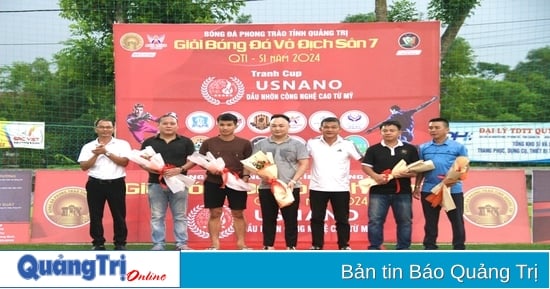


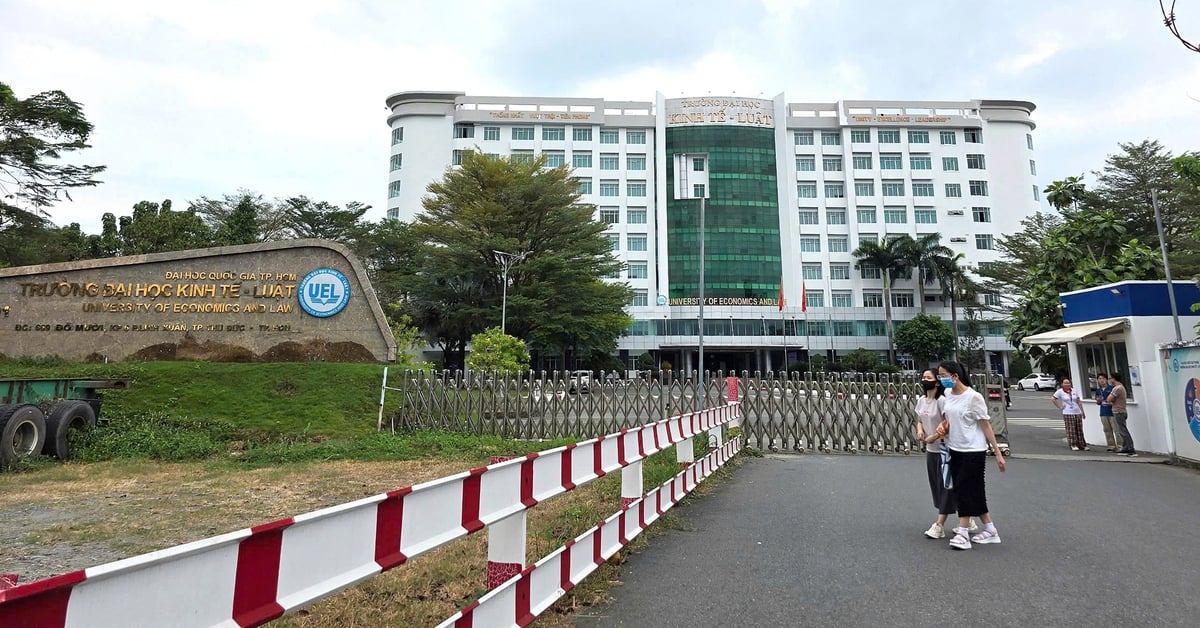
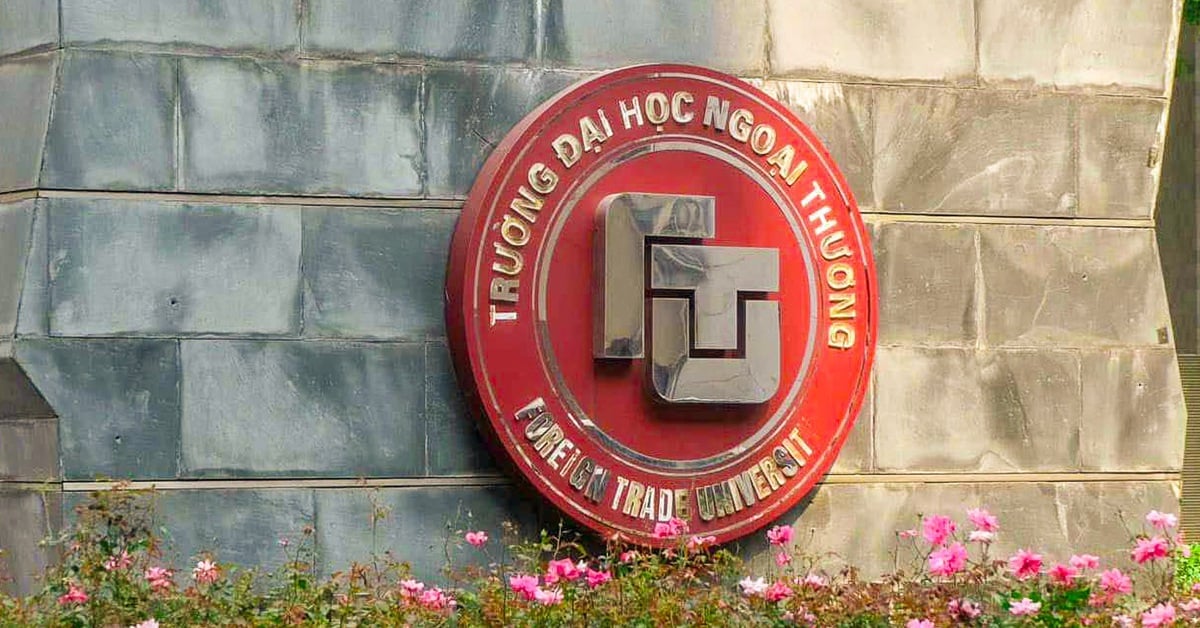
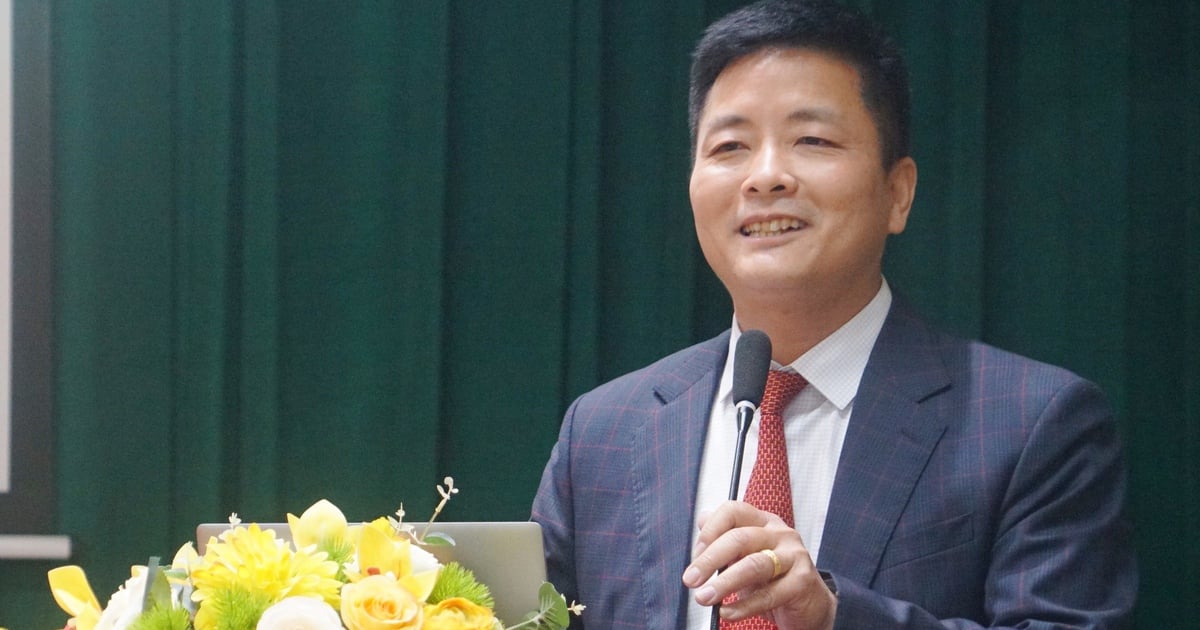






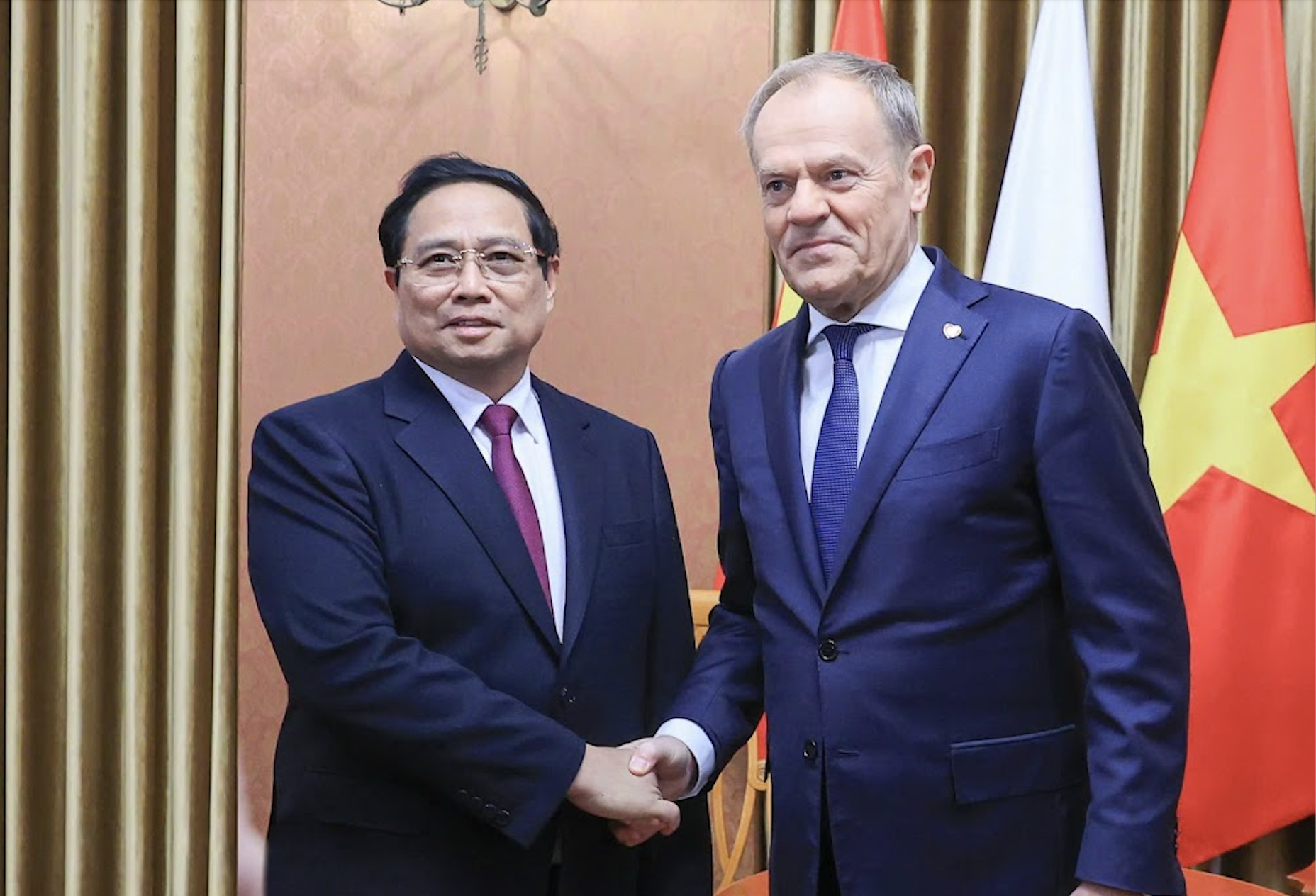

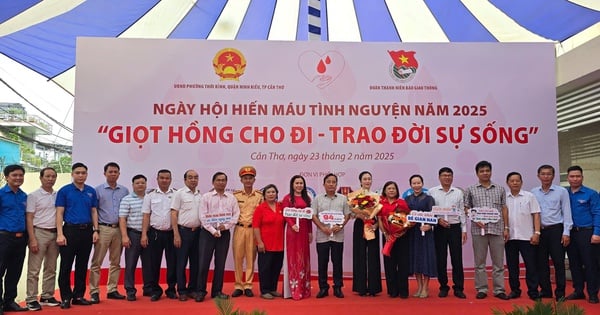



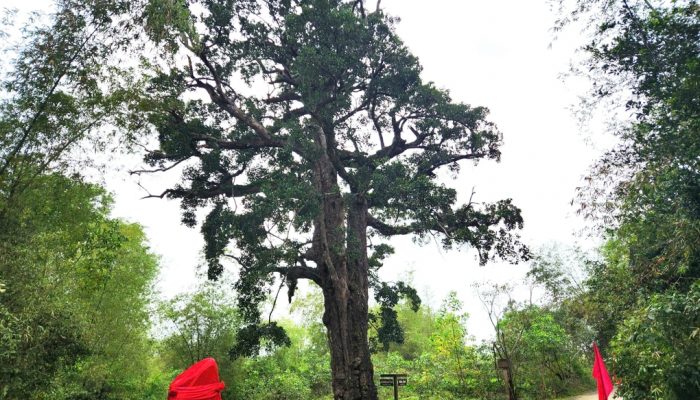

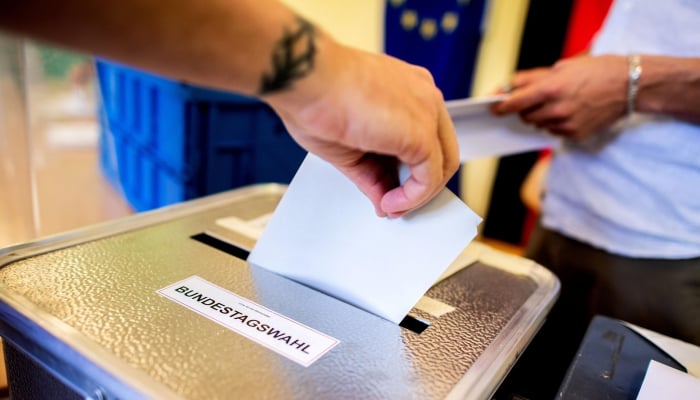


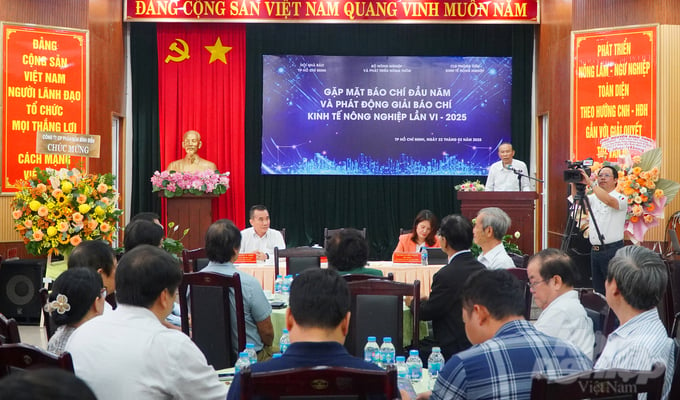




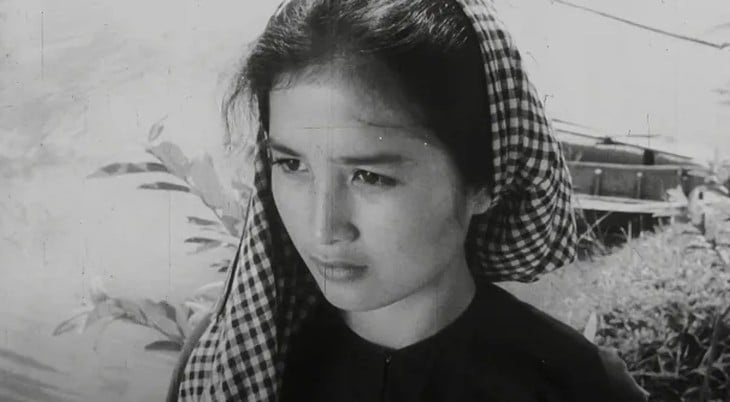


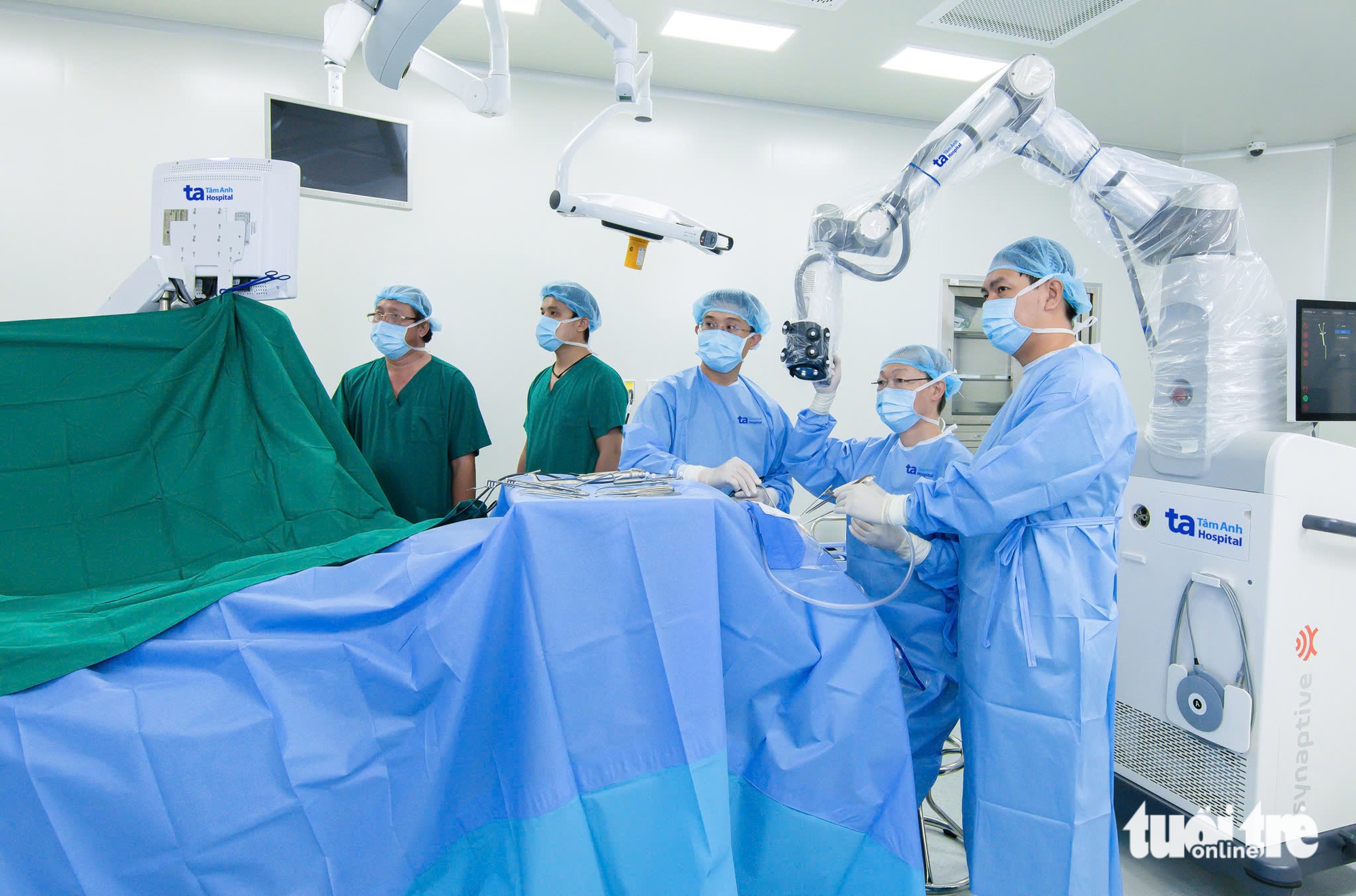

Comment (0)